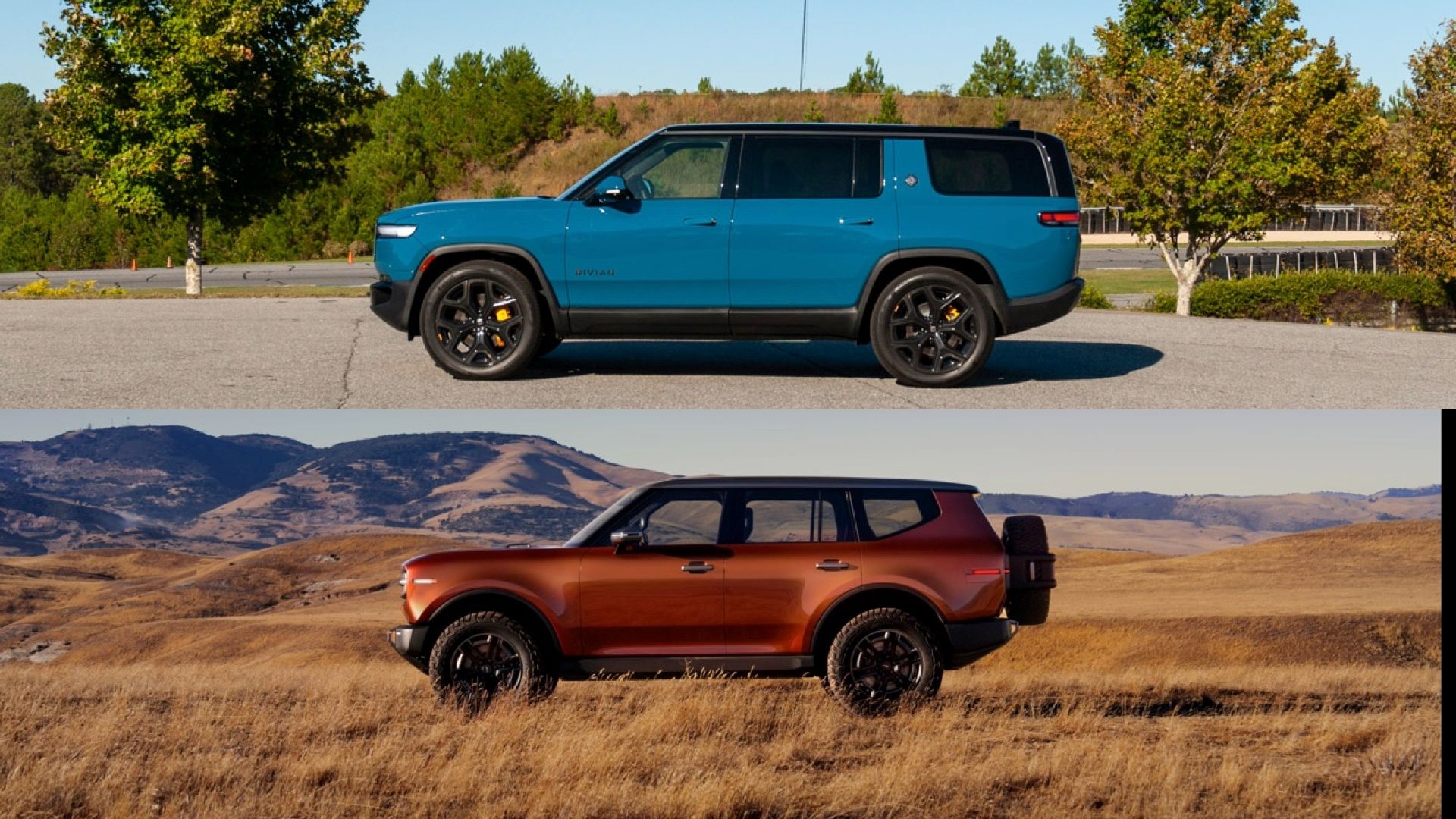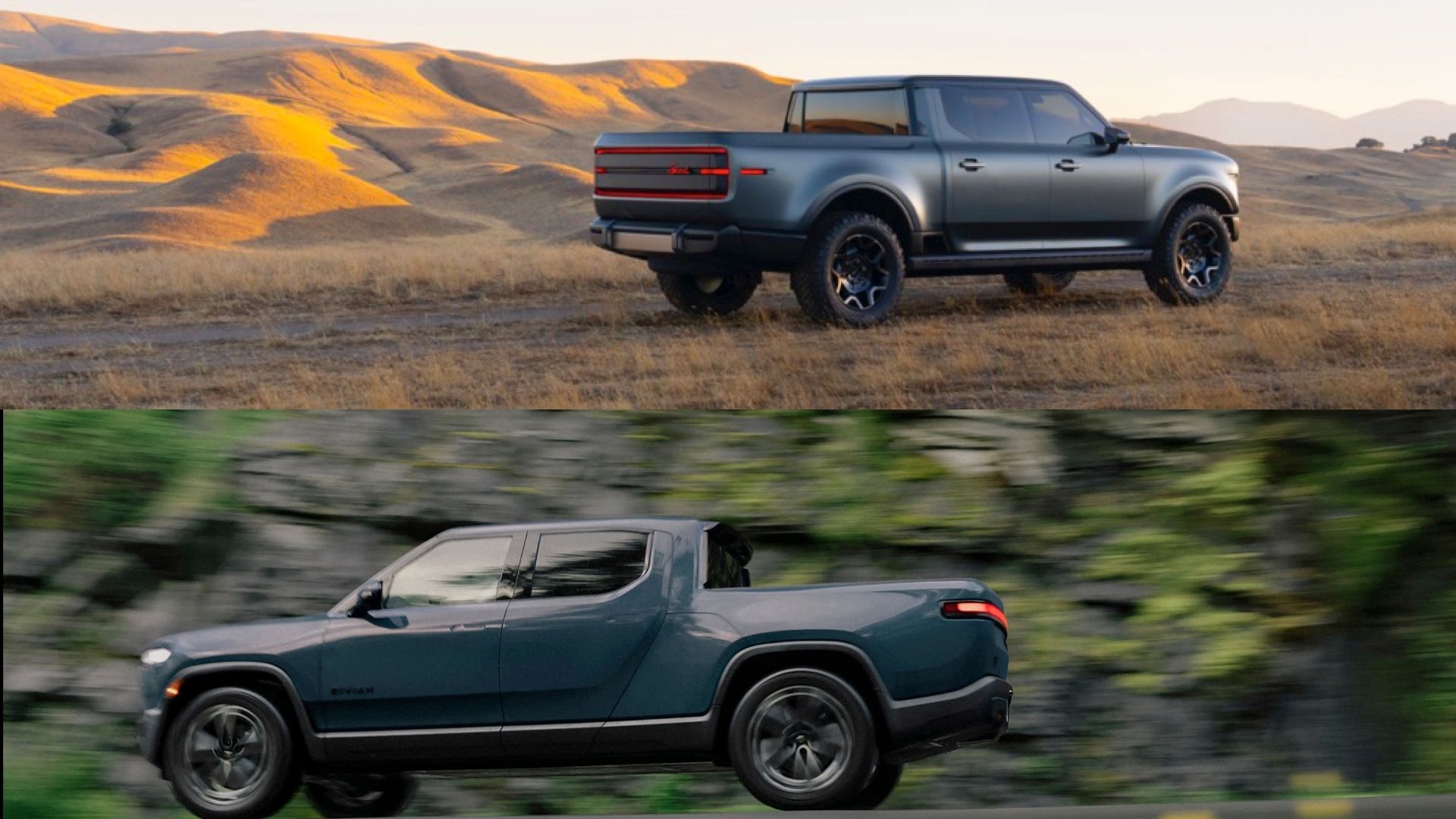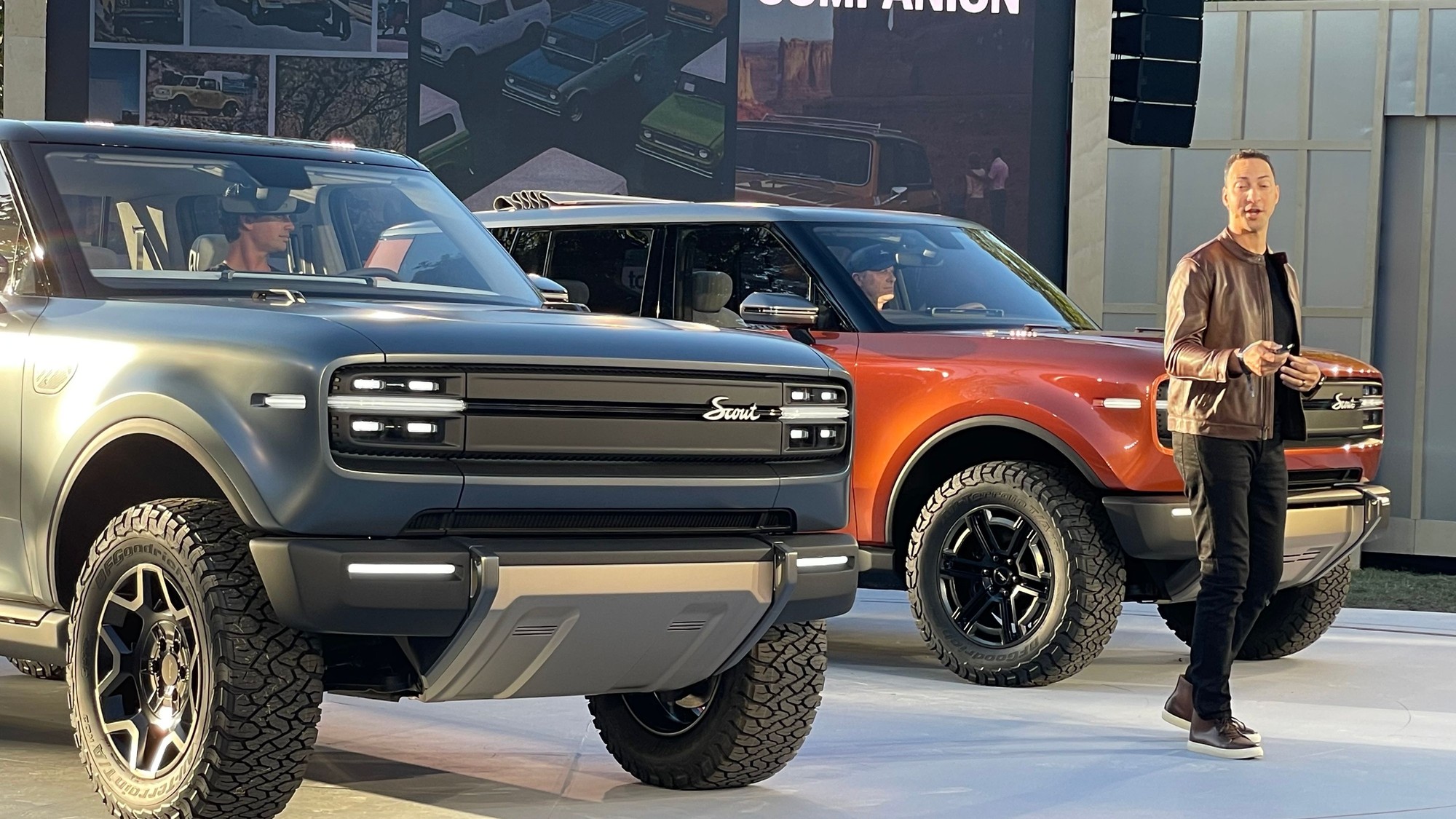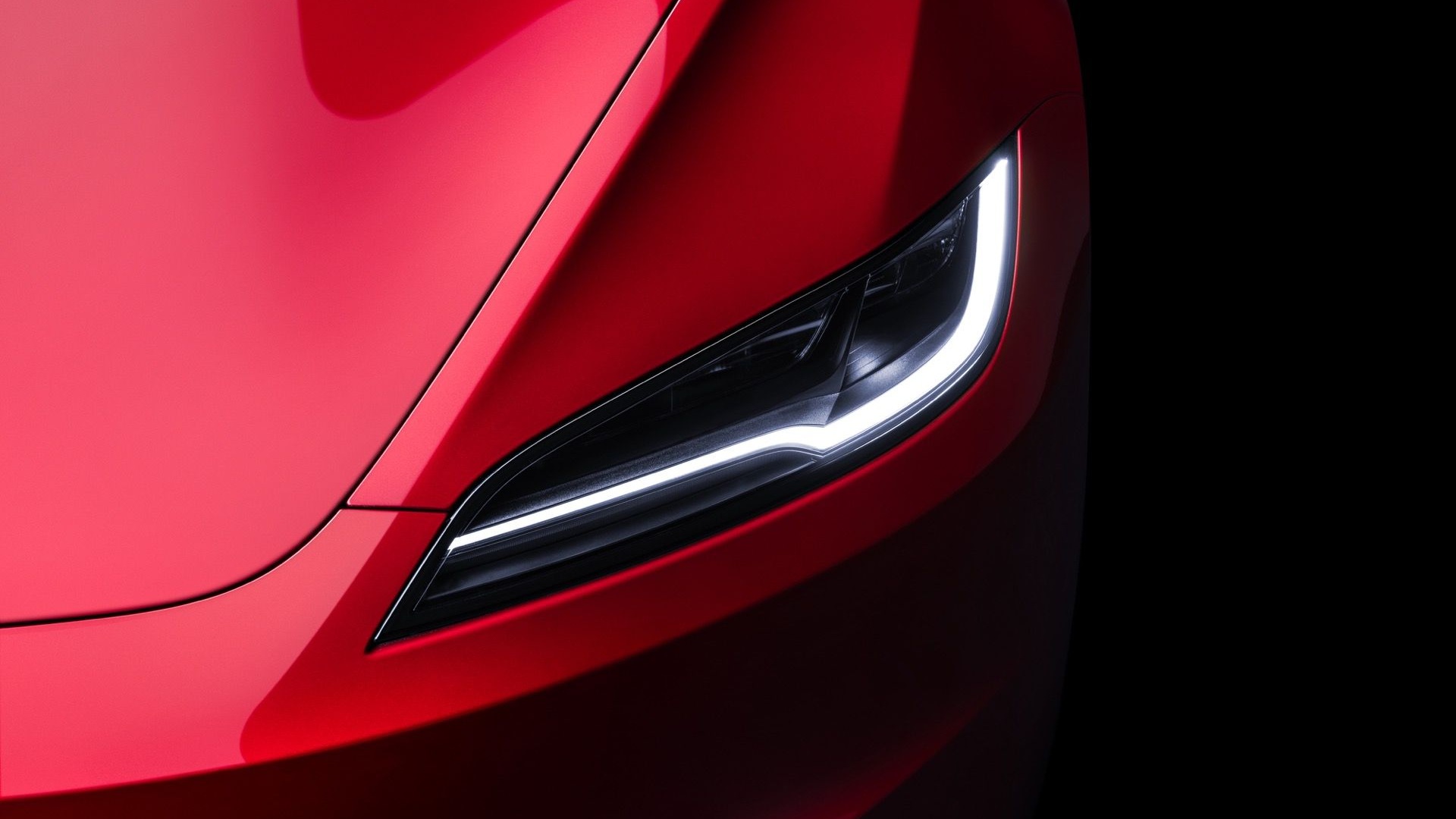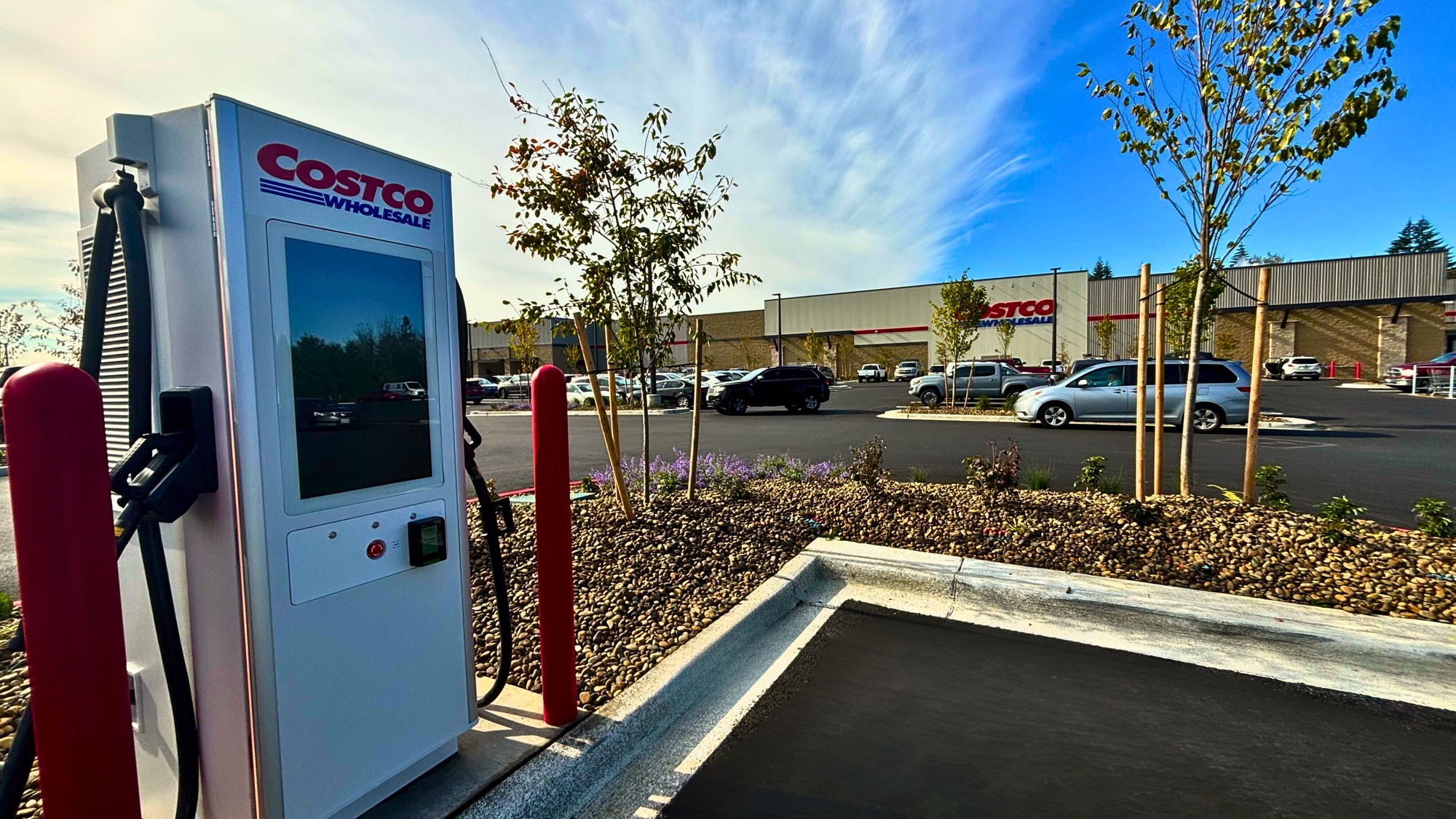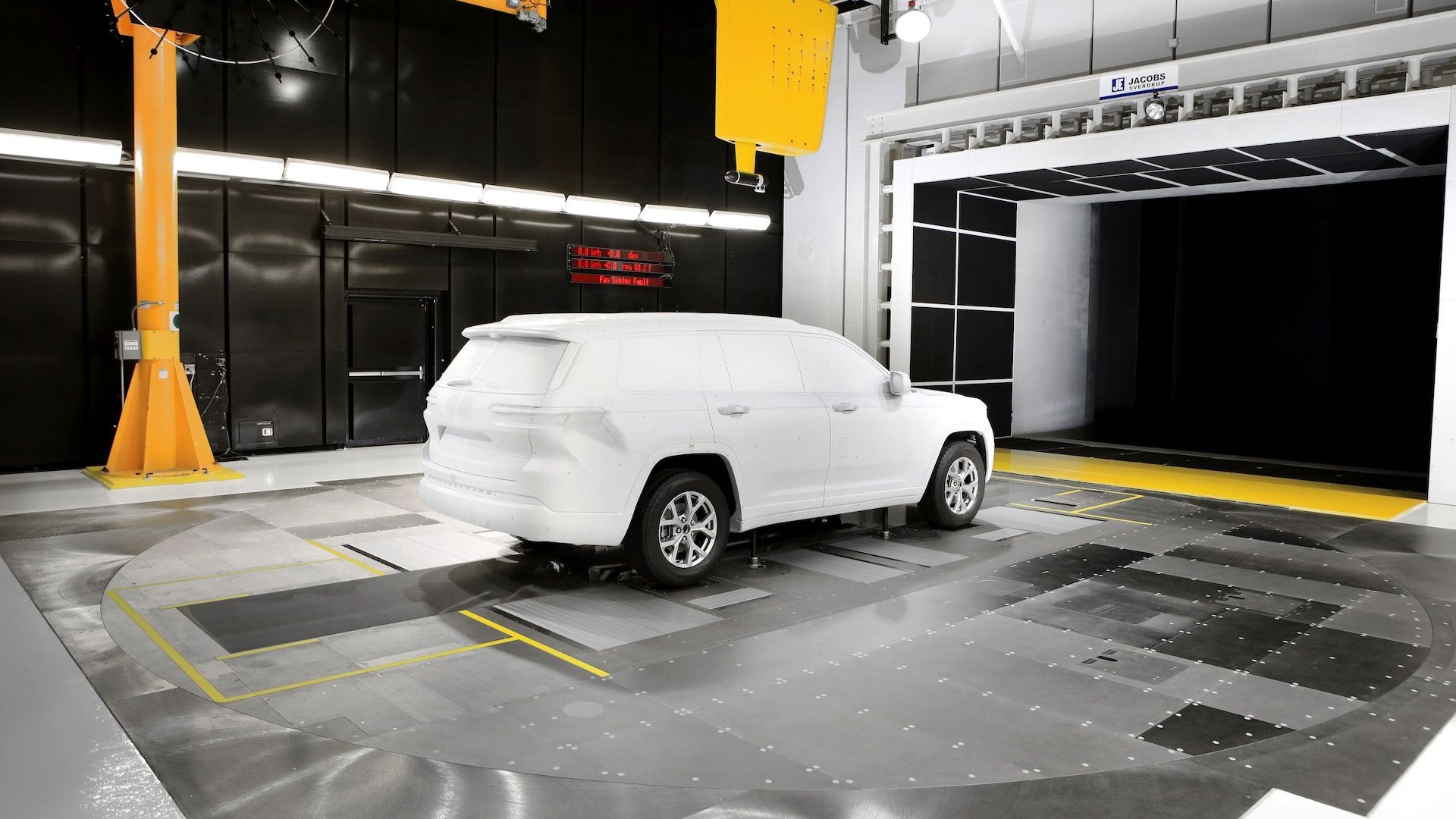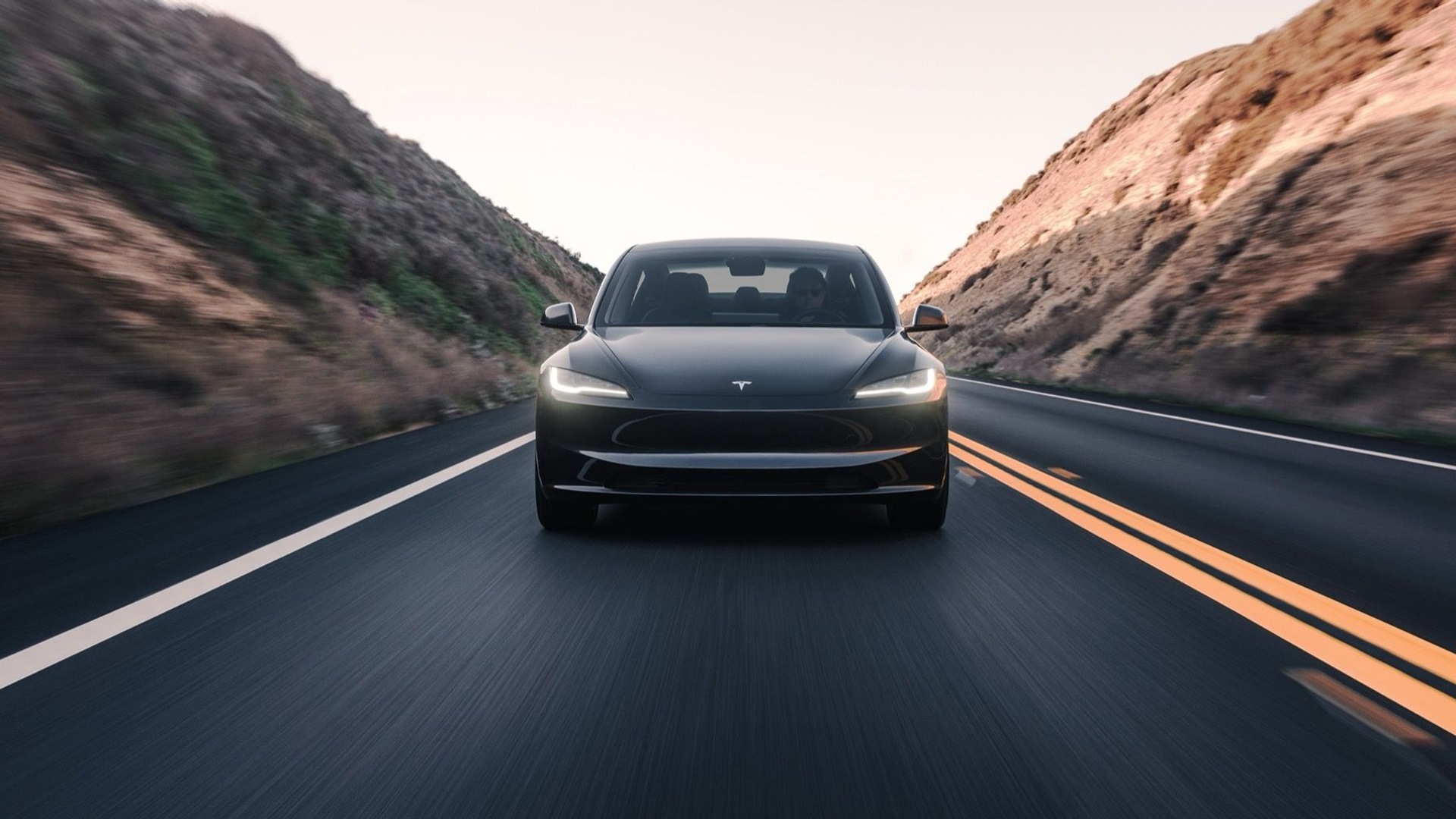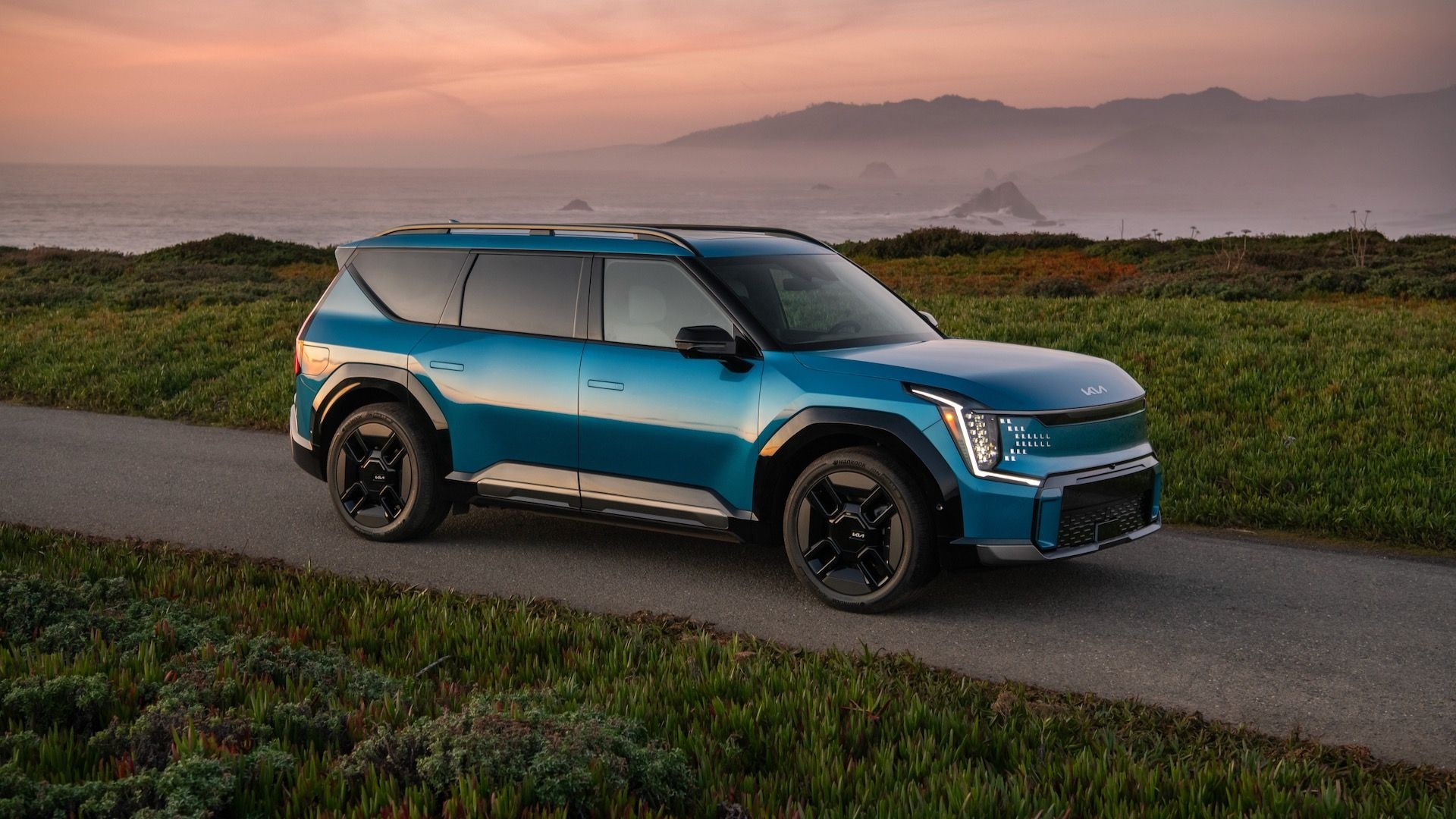- Mix of lithium-ion and sodium-ion chemistries allow improved cold-weather performance
- Might allow 200 miles or more of electric range, regain 70% of total range in just 10 minutes at fast-chargers
- Has overcome longevity issues of former sodium-ion packs
Chinese battery firm CATL on Thursday unveiled a mixed-chemistry battery for plug-in hybrids that the company claims offers greater range, faster charging, and better cold-weather performance.
The CATL Freevoy battery can provides plug-in hybrids with up to 248 miles of all-electric range (likely on China's testing cycle), and up to 173 miles of range (70% of that) in just 10 minutes of DC fast charging, according to a company press release.
Just out of the box, that's quite a difference versus most U.S.-market plug-in hybrids, which can take hours to charge up for their all-electric range.
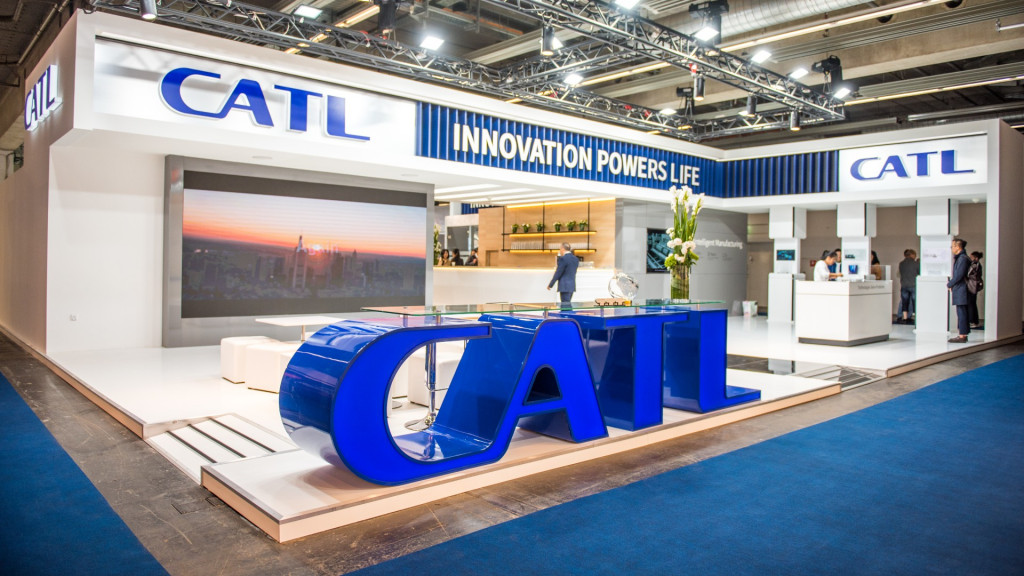
CATL at Frankfurt auto show
The range increase is partly thanks to improved battery-management software. CATL claims state of charge can now be controlled with 40% greater accuracy, which translates to a 10% increase in the overall electricity utilization rate. CATL also deployed a new technology that creates a "nano protective layer" for the cathode material, plus a new electrolyte formula, for better transmission of lithium ions.
The Freevoy battery also employs a combination of lithium-ion and sodium-ion chemistries, which helps performance to stay consistent at colder temperatures, according to CATL. Versus the previous generation, it claims a 5% improvement in cold-weather range—although you can assure the net loss is still much more than that.
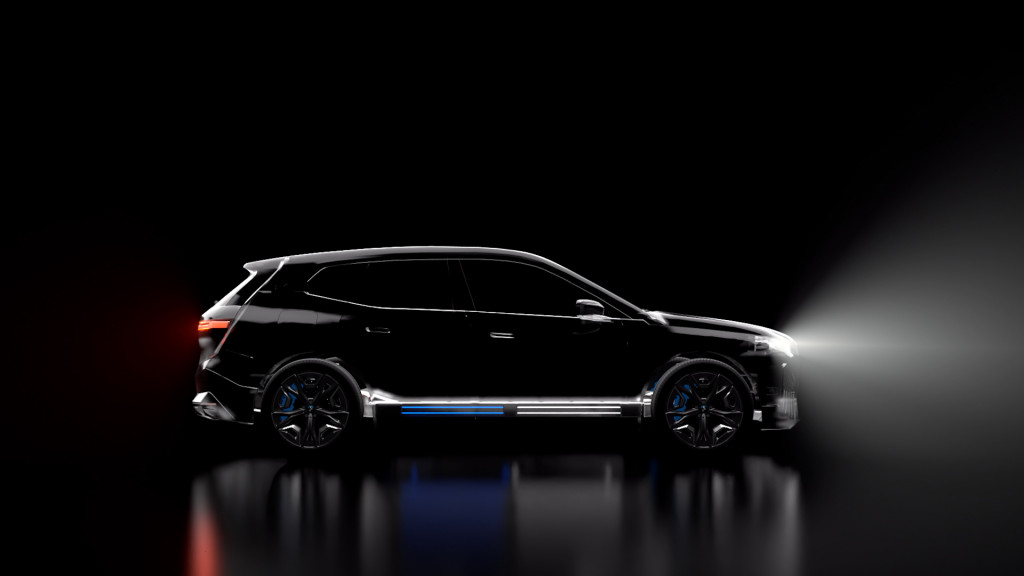
BMW iX prototype to use Our Next Energy mixed-chemistry battery pack
CATL said the Freevoy battery is already being used in Chinese-market vehicles from Li Auto, Avatr, Deepal, Changan Nevo, and Neta. By 2025, the company claims 30 models from Chinese brands including Geely, Chery, GAC, and Voyah will be using this battery.
Ssuch a battery could also be useful in the U.S. to meet stricter California emissions standards for 2035, which call for plug-in hybrids with at least 50 miles of electric range.
U.S. startup Our Next Energy (ONE) is also developing mixed-chemistry battery tech, which it said in 2022 could provides up to 600 miles of range. Toyota in 2023 indicated it was trying to push the all-electric driving range of PHEVs beyond 120 miles, but it's unclear what technology it will use to achieve that.
